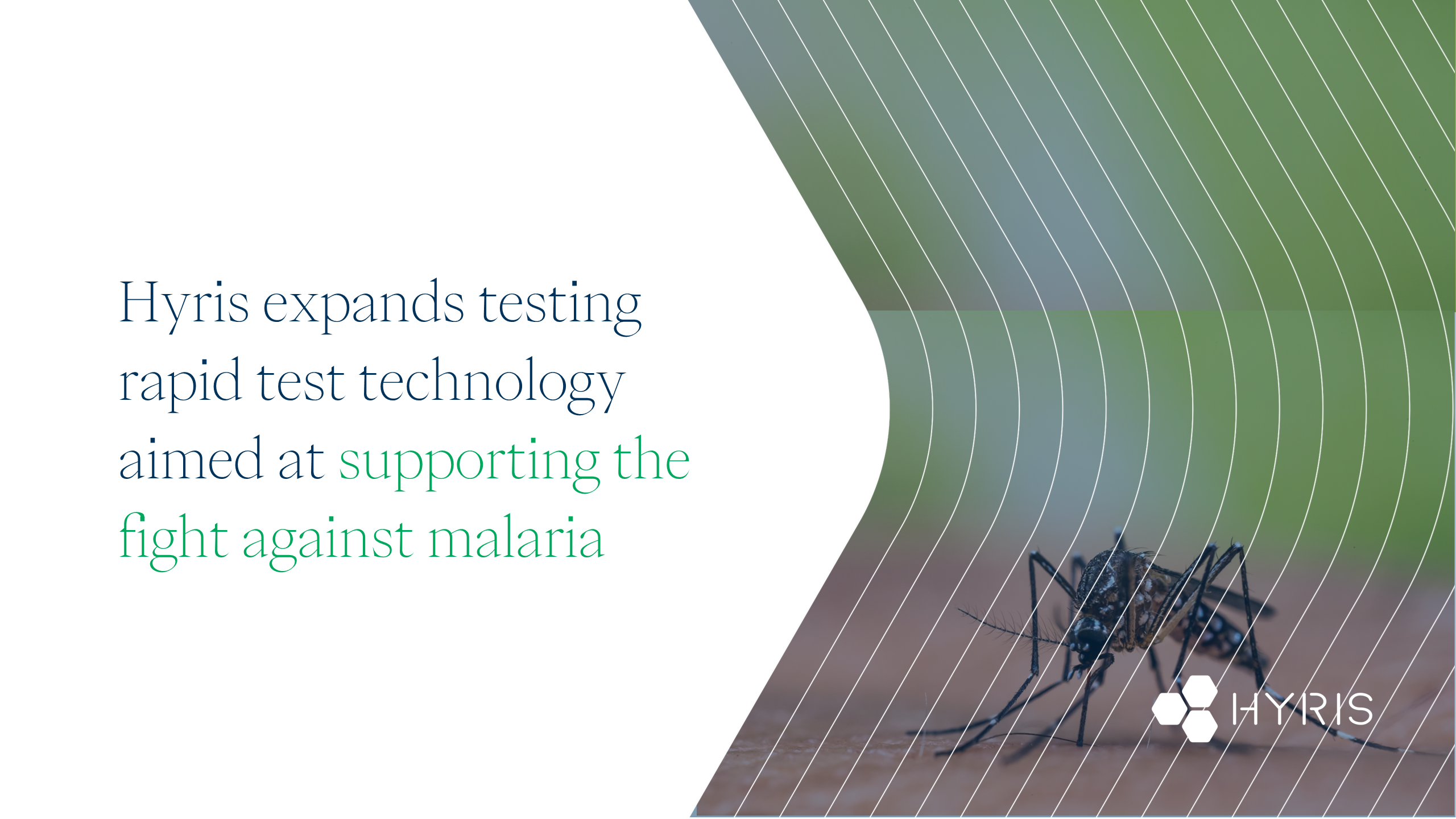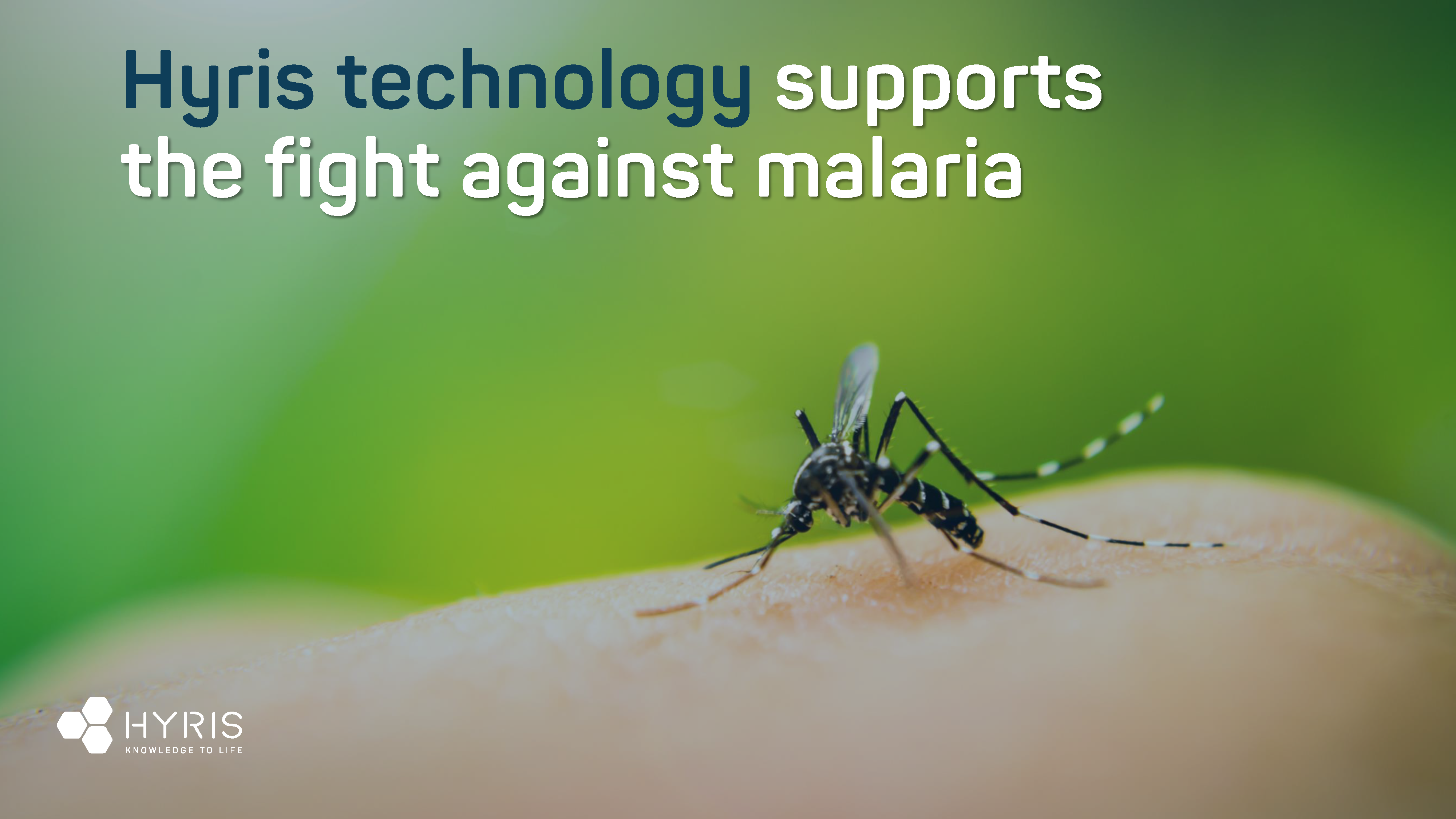SARS-CoV-2 T Cells test
Severe Acute Respiratory Syndrome Coronavirus 2 (SARS‑CoV‑2) is a strain of coronavirus that causes Coronavirus Disease 2019 (COVID-19), the respiratory illness responsible for the ongoing COVID-19 pandemic. Quantification of SARS-CoV-2-specific IgG and neutralizing antibodies is used as a marker of immune protection; nevertheless, the assessment of T cell response is required to verify the whole immune protection against the virus. Many recent studies point to the importance of determining T cell function in convalescent and vaccinated individuals for the management and the post-evaluation of vaccination campaigns1, 2, 3.
T cell responsiveness to SARS-CoV-2
The heterogeneity of individual immune response leads to a low correlation between humoral immune measurements with the magnitude of the T cell response. SARS-CoV-2-specific T cells may be present in the absence of antibodies, and antibody and T cell responses are independent in magnitude and in persistence during the memory phase of the immune response1. This is also true for several vaccine classes (mRNA- and protein-based) that might lead to a different humoral and cellular response, and ultimately a different protection against the SARS-CoV-2. Data from preclinical models and humans show that T cells protect against severe COVID-19 disease and reduce viral spread4.
As the distribution of infection and vaccines mitigates the pandemic, vaccine efficacy and the duration of protective immunity will need to be systematically evaluated and monitored by T cell specific reactivity against SARS-CoV-2.
Hyris offers an innovative solution to evaluate T Cells reactivity against SARS-CoV-2, leveraging the unique characteristics of the Hyris SystemTM:
- Validated in Real-Time PCR by direct amplification - without DNA or RNA extraction on blood samples
- Flexible throughput thanks to different proprietary cartridge formats (16 or 36 wells)
- Portability and scalability using HYRIS bCUBETM
- Automatic interpretation of results and advanced data management
Test Description
Hyris T cell test ultimately helps to evaluate the protection level against SARS-CoV-2 given by a previous infection and/or vaccination, and consists of two separated kits:
- the XTACT SCV2 T Activation kit (pre-analytical phase)
- the bKITTM Immunofinder dqTACT MS (analytical phase)
The specific peptide pool of SARS-CoV-2 Spike and Nucleocapsid proteins (i.e. Pool ONE and Pool B of XTACT SCV2 T Activation kit) are used to stimulate the T cells in the pre-analytical phase. The mRNA of CXCL10 produced by monocytes is then analyzed by RT-qPCR as readout of T cell responsiveness. Relative CXCL10 mRNA levels in Pool ONE and Pool B are compared to the control, in which T cells are not stimulated (Pool NEG).
The RT-qPCR can be performed by direct amplification on whole blood and without nucleic acid purification.
bKITTM Immunofinder dqTACT MS sensitivity (determined by the LoD) is 103 copies/µl of CXCL10 mRNA, calculated by the regression curve approach.
Bibliography
- Tarke A. et al., SARS-CoV-2 vaccination induces immunological T cell memory able to cross-recognize variants from Alpha to Omicron, Cell (2022) 185(5) 847-859.e11
- Schwarz M. et al., Rapid, scalable assessment of SARS-CoV-2 cellular immunity by whole-blood PCR, Nature Biotechnology (2022)
- Geers D. et al., SARS-CoV-2 variants of concern partially escape humoral but not T-cell responses in COVID-19 convalescent donors and vaccinees, Science immunology (2021) 6(59)
- Diani S. et al., SARS-CoV-2—The Role of Natural Immunity: A Narrative Review, Journal of Clinical Medicine (2022) 11(21) 6272


PRODUCT COMPOSITION
HK019X050 | XTACT SCV2 T ACTIVATION kit |
HK032X130 | bKIT Immunofinder dqTACT MS |
HK032X260 | bKIT Immunofinder dqTACT MS |
HK029X012 | Buffer M |
HK013X050 | Buffer A SCV2TA 100 |
HK015X050 | Buffer A SCV2TA 200 |





